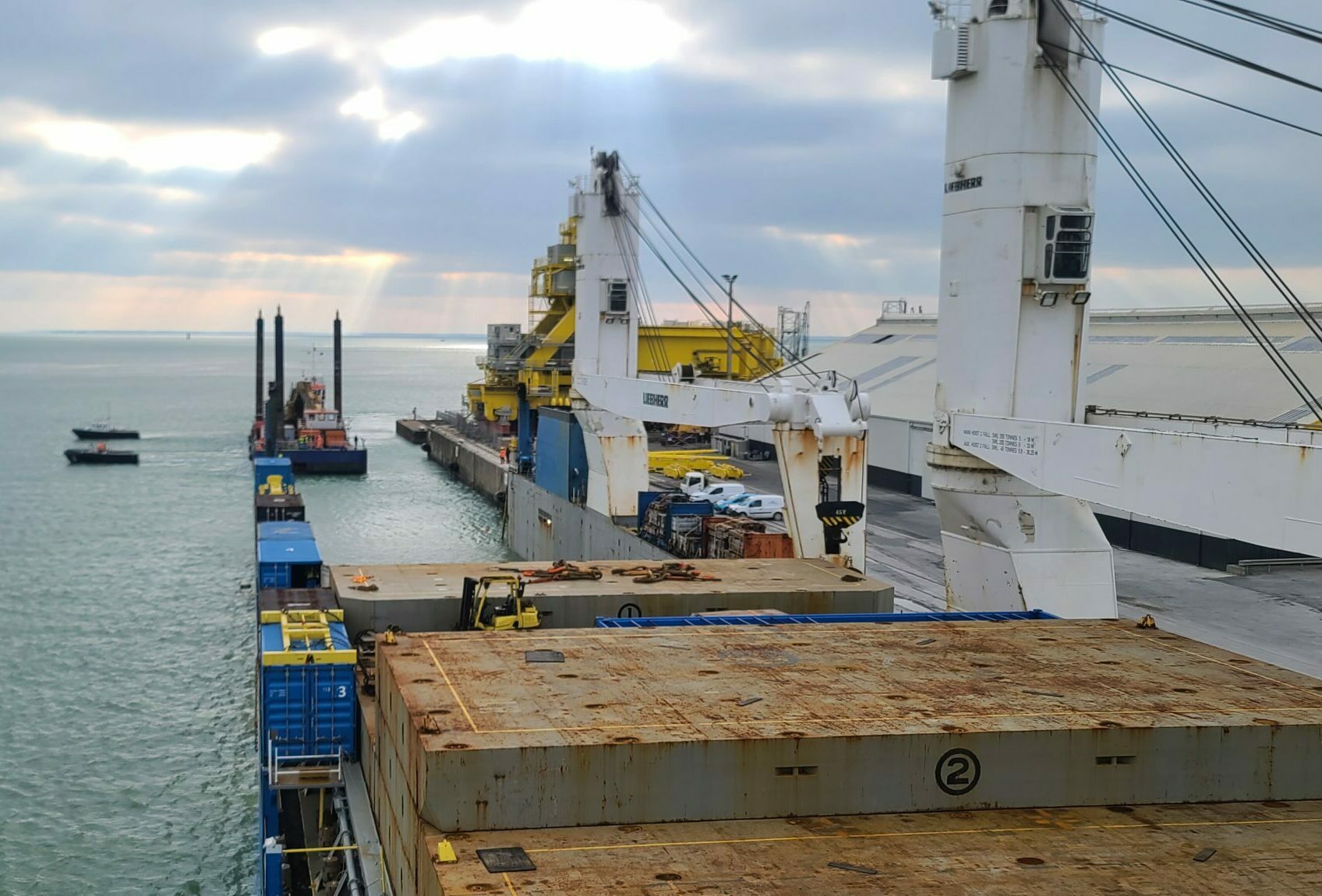Thanks to our in-depth knowledge of the marine environment and of the real operating conditions of the equipment, we can support you in the validation of your maritime projects. Our experts are senior deck and engine officers, active and former seafarers, who have sailed aboard ocean-going or offshore support vessels.
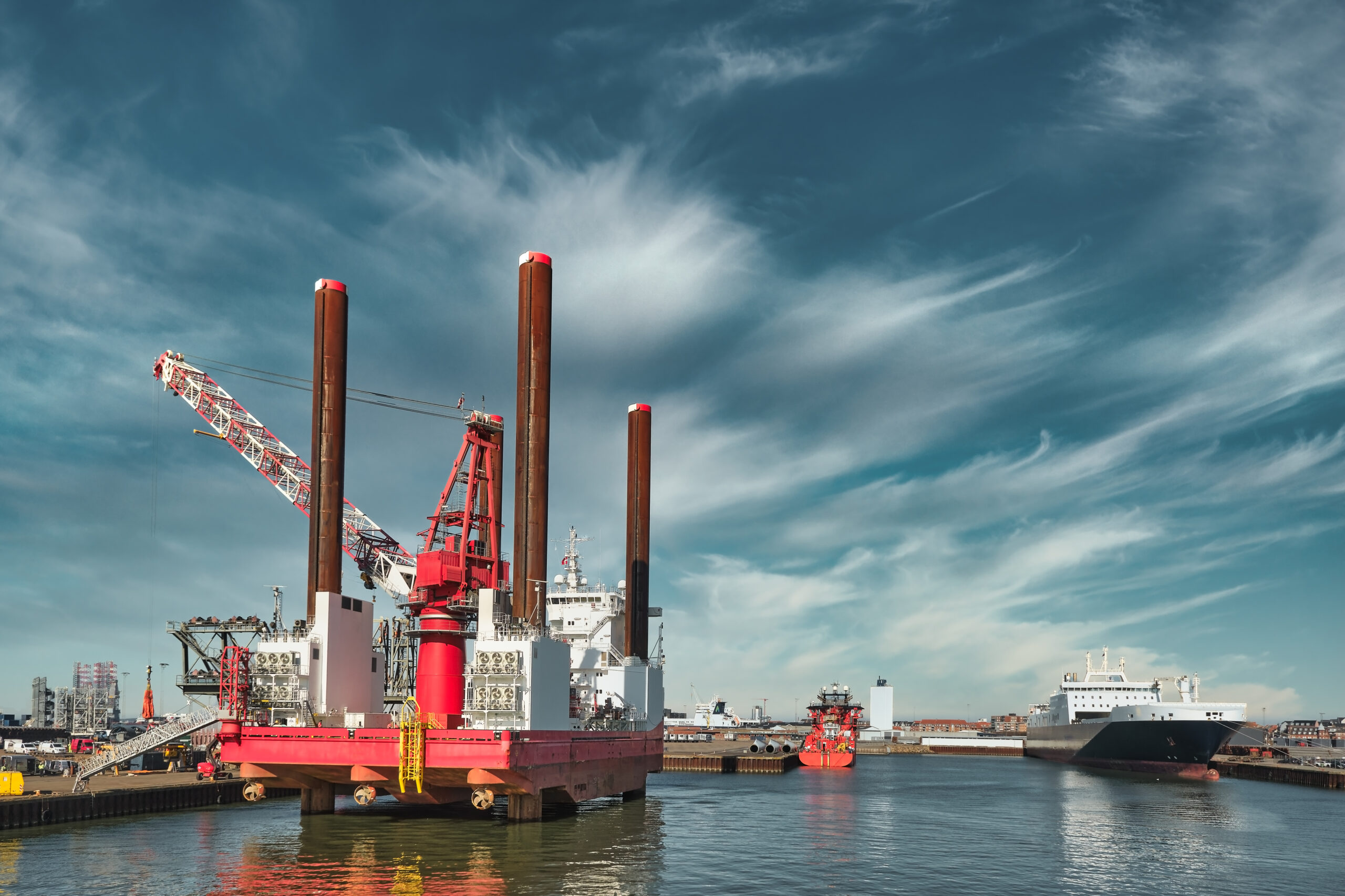
Marinecode has resources to perform floating stability analyses, heavy-lift marine transportation planning, semi-submersible barge load-out and float-off procedures. Our office can provide mooring and anchoring plans, fendering design, as well as modeling manoeuvers in a navigation simulator. We act as maritime consultants on offshore or civil engineering projects, upstream of the MWS mission, in compliance with conflict of interest rules.
- Load-out, Float-on, Float-off with classic or semi-sub barges and vessels,
- Cargo transportation,
- Semi-submersible Barges operations,
- Renewable energies load-out and transportation of foundations, monopiles and substation.
- Towage approval.
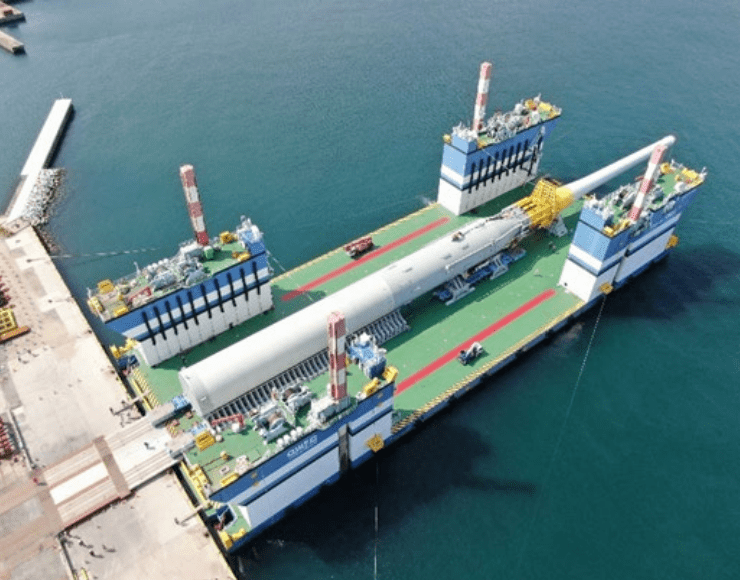
Offshore Wind load-out
From preliminary stability calculation, until monitoring the tide and adjusting the drafts, MarineCode can support the insured and underwriter in all the maritime aspects of the load-out operation. Increasing size and weight of floating offshore wind foundations leads industry to develop new criterias for barges, SPMTs, and ramps. We can conduct risk assesment study for each load-out pattern, and perform on site follow-up of operation.
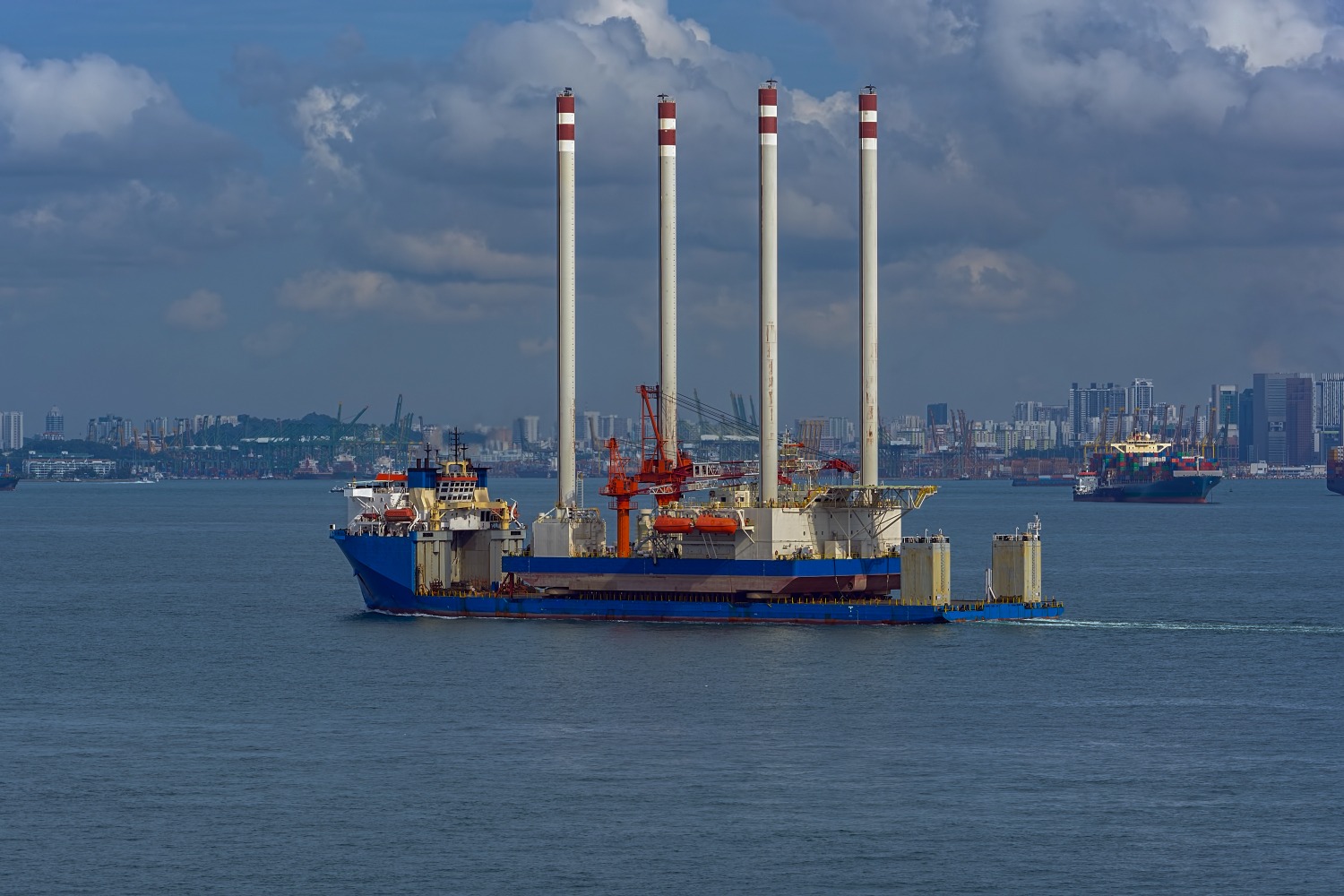
Cargo transportation
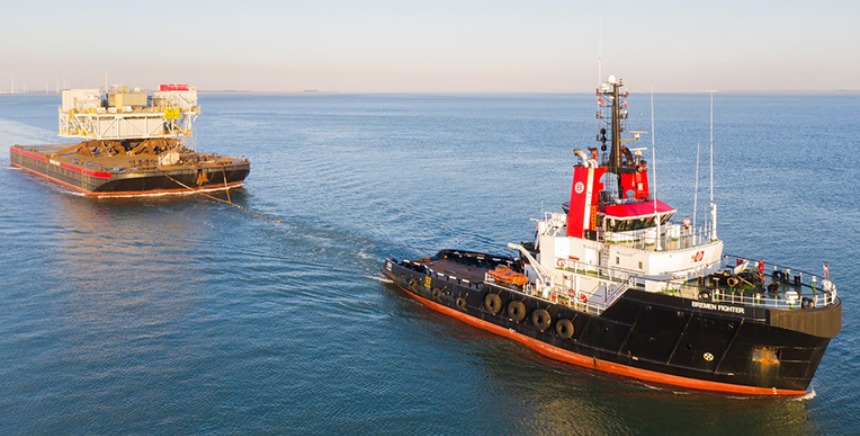
Towage approval
The offshore towing of transport barges loaded with project structures is very sensitive and the insurer of the operation may bring the MWS clause into play. Our mission is to approve all elements of the towing line such as cable, shackles, fuse, spring. Capacity, number of tugs and weather limitations must be clearly defined. Any deviation from the initial scenario must give rise to a re-assesment of the risks by MWS.
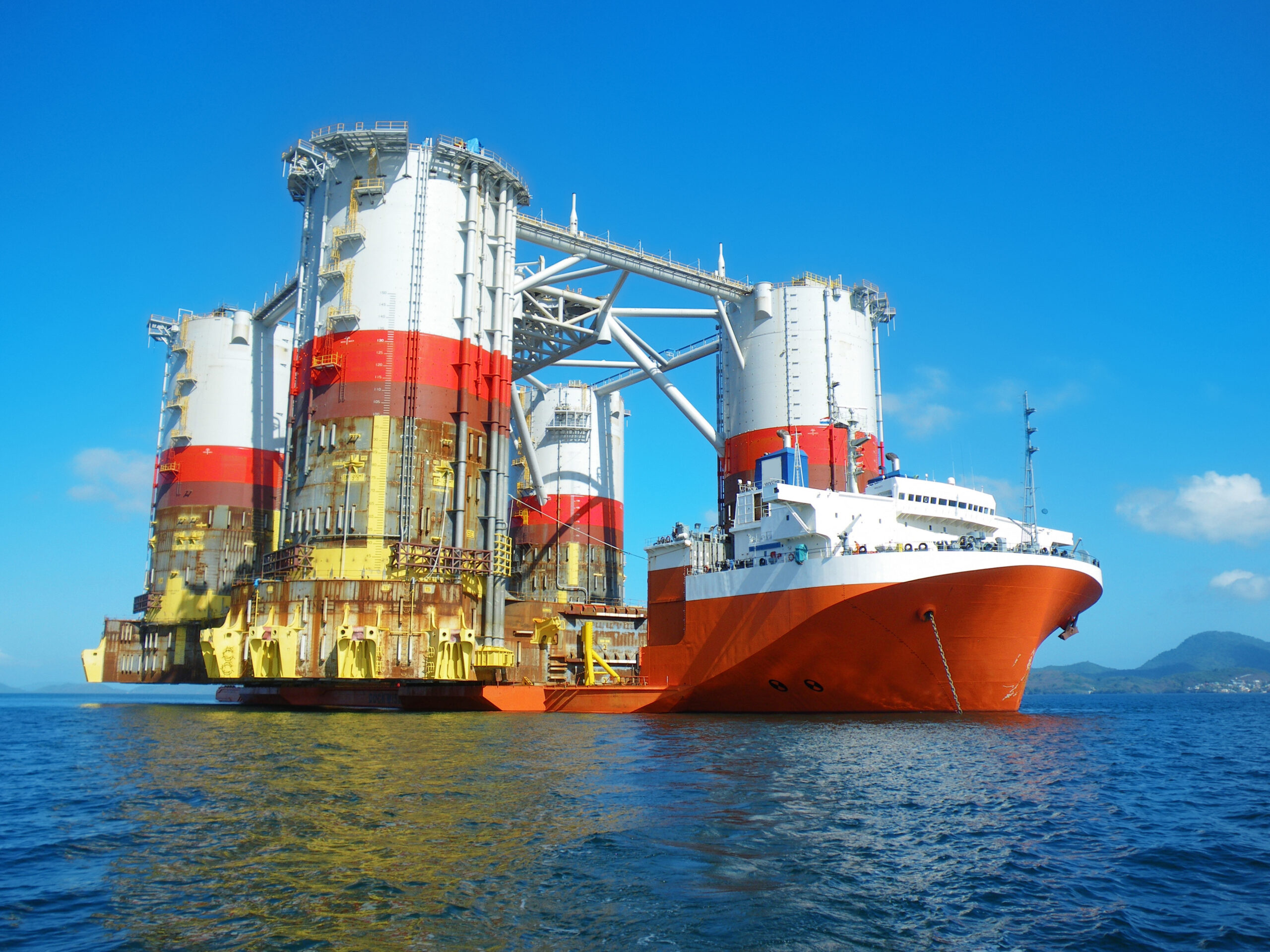
Float-off operations
Barges and semi-submersible ships have stability linked to their shape and weight like conventional ships, however, during immersion their stability parameters differ widely. Establishing a sequential ballasting plan corresponding to the characteristics of the cargo is essential for the safety of equipment and personnel. Real-time monitoring of the operation by an MWS is a paramount.


